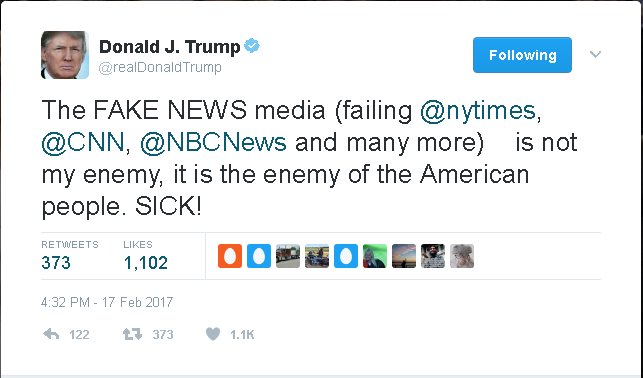Nearly a month before Donald Trump was sworn in as president, Michael Flynn, his national security advisor designate, and other members of the president’s transition team launched a vigorous diplomatic bid to head off a U.N. Security Council vote condemning Israeli settlements.
The effort represented a fitful first foray into global diplomacy by Trump’s transition team, bearing hallmarks that have become familiar in the weeks since he took office. Their efforts were marked by a brusque disregard for diplomatic protocol, and a hasty pressure campaign that changed few, if any, minds.
In the end, the president-elect’s team was unable to persuade a single country to change their vote, including Britain, Egypt and Russia, three countries that have gone out of their way to cultivate better ties with the new American leader.
The episode also suggests that Flynn’s unconventional diplomatic activism in the weeks leading up to the inauguration was part of a highly coordinated effort at the highest ranks of the Trump team, including the president-elect, to shape the course of U.S. foreign relations.
That contrasts with the general portrayal so far of Flynn as a rogue envoy, whose secret talks in late December with Russia about sanctions were supposedly done without the knowledge of his superiors. Fox News reported Friday that Trump had been briefed on the full contents of Flynn’s discussions with the Russian ambassador.
Several hours before the landmark December 23 vote at the United Nations — which eventually denounced Israeli settlements over a pointed U.S. abstention — the Trump transition team approached the State Department with an urgent request: hand over any cell phone numbers, emails, and other contacts of ambassadors and foreign ministers from the Security Council’s 15 member states. The request, which was described by a former State Department official, was rejected out of fear that it would be used to scuttle American diplomatic aims.
But transition officials pressed ahead. In Washington, Trump aides pressed allies, including Egypt and Britain, who both played critical roles in helping the Palestinians draft the measure, to oppose the resolution.
“We were all under pressure” from either Israel or the Trump administration, said one Security Council diplomat.
Nikki Haley, the president’s pick to serve as U.N. envoy, sought frantically to reach Samantha Power, then still serving as U.S. ambassador to the United Nations, calling her office and cell phone number, a U.S. official told Foreign Policy. Power’s advisors suspected Haley would try persuade Power to veto the resolution, and she did not take the call.
http://foreignpolicy.com/2017/02/17/logan-trump-israel-flynn-pressured-u-n-on-israel-vote-before-taking-office/
Love you, Sam Power.













